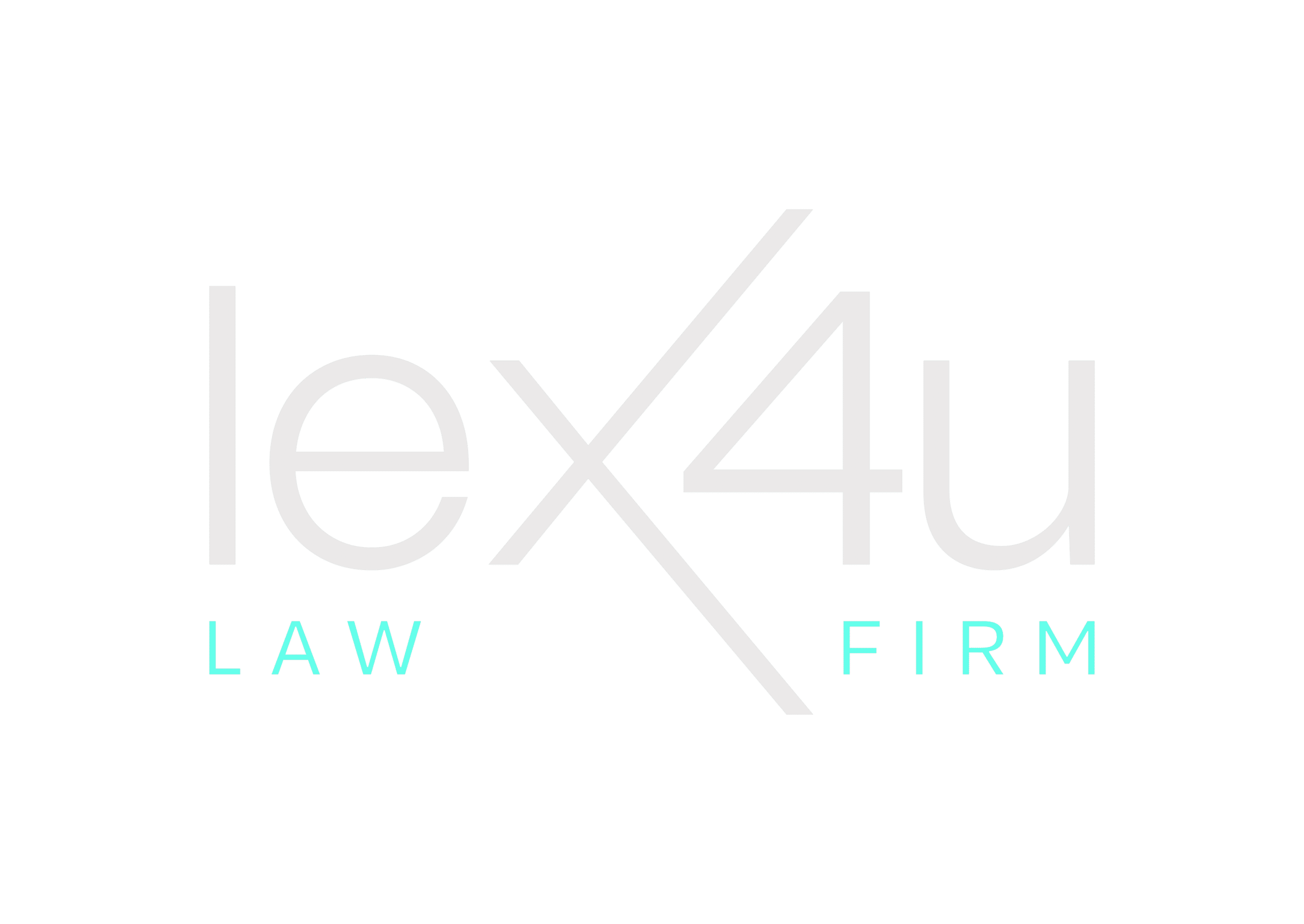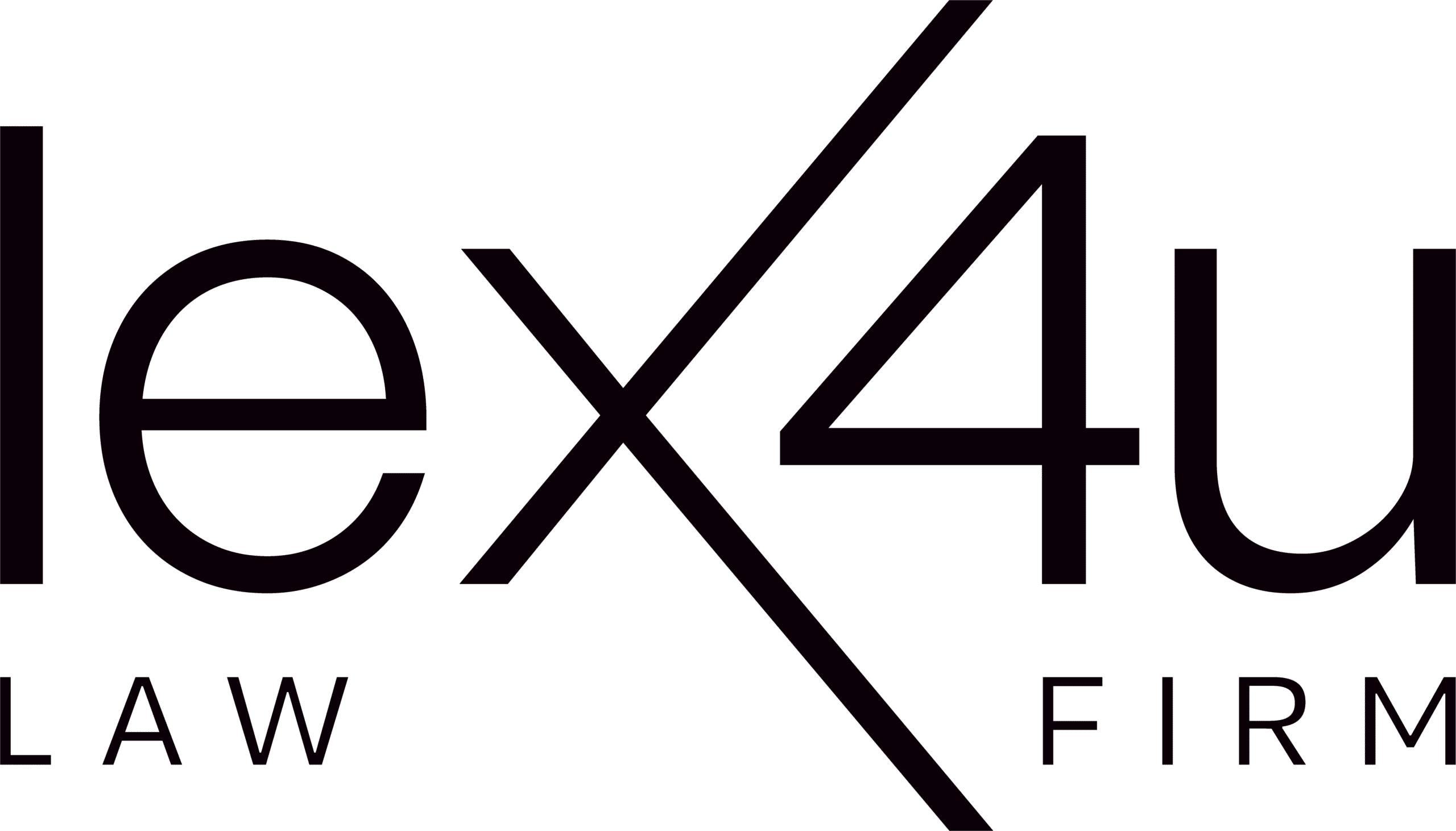“Is my website in legal compliance ?” This is a question we are often asked. And rightly so !
Are you embarking on the creation of a website but don’t know if it’s legally compliant? Are you wondering what documents should be made available to your users ? Are you wondering which legal notices should appear on your website? And what about cookies ?
Between the GDPR (General Data Protection Regulation), the ePrivacy Directive, the Data Protection Act (in France), the Code of Economic Law and other legal provisions, it can sometimes be complicated for any novice entrepreneur to find their way through the complexity of this legal web.
But don’t panic, you’ve come to the right place ! Here we summarise the advantages of making your website legally compliant and the documents you need to comply.

👁 WHY IS IT IMPORTANT TO HAVE A LEGALLY COMPLIANT WEBSITE ?
a) You ensure legal protection for your users
By complying with all the applicable legal provisions and making the relevant documents (Terms and Conditions, Legal Notice, Privacy Policy, etc.) clear and accessible to those concerned, you minimise the risk of misunderstandings and conflicts with your users. If necessary, these documents will serve as a solid basis for defending your rights and covering your back in the event of a dispute.
b) You inspire confidence in your users
By making all the necessary information available to users of your website, you maintain your commitment to the principle of transparency and fairness. In this way, you leave no doubt as to your company’s credibility and give your users a better perception of your company, which creates a real climate of trust. What’s more, demonstrating your respect for the protection of personal data will ensure that your customers remain loyal to you.
c) You maintain your brand image
By ensuring that your website complies with the law, you stand out from your competitors in an ever-changing legal landscape. By doing everything you can to comply with the applicable legal provisions, you demonstrate your professionalism and the seriousness of your website. So it’s hardly surprising that compliance can have a positive impact on your brand image and on the way users perceive your company.
d) You avoid unpleasant surprises
By complying with legal obligations, you also avoid unpleasant surprises and ensure the protection of your company, particularly in the event of an inspection by the various competent authorities or a complaint from an individual. The fines and penalties can be severe if your website is not compliant. So avoid any negative repercussions by ensuring your compliance from the outset.

In conclusion, compliance may seem tedious, but it is an important investment to consider from the moment you launch your website. In view of the benefits outlined above, compliance is much more than a legal obligation: it’s a guarantee of confidence and protection for your online business.
The fact remains, however, that it’s a fairly substantial workload, and if you don’t have the right tools to move forward, your desire for compliance won’t be enough.
Do you want to make your website compliant but don’t know where to start ? Read this article first !
Want to know where your website stands on the compliance scale ?
📋 WHAT EXACTLY DO YOU NEED TO BE LEGALLY COMPLIANT ?
a) Terms and conditions of use for your website
The general terms and conditions of use (also known by the acronym “GTCU“) take the form of a document defining the rules of use for visitors browsing your website.
For you, as the website publisher, the purpose is to define the scope of your responsibilities by specifying the terms and conditions as well as the limitations on the use of your website. By accepting the GTCU, your users are bound by them and this document can then serve as your legal protection in the event of a dispute.
Your T&Cs must include, among other things :
- A description of the services you offer through your website ;
- The conditions of access to your website ;
- An intellectual and industrial property clause ;
- A liability clause ;
Of course, the content of your Terms and Conditions may vary depending on the nature of your website, the features you have implemented, etc.
Imagine that you provide your users with a forum where they can post messages : in this case, you are strongly advised to regulate the behaviour of your users by including in your GTCU obligations regarding good behaviour and respect for others.
b) A confidentiality policy

You cannot claim that your website is legally compliant without having adopted a privacy policy ! In accordance with Article 12 of the General Data Protection Regulation (also known as the ” RGPD“), this document enables you to comply with your obligation of transparency.
It is highly likely that you will collect and use your users’ personal data, whether through cookies, contact forms or other means. If this is the case, you must inform your users, and setting up a confidentiality policy is one of the surest ways of doing this.
We strongly recommend that you make this document accessible to all your users and include the following information, among others :
- Your details as “Data Controller” within the meaning of the GDPR ;
- The contact details of the Data Protection Officer (DPO) or the person to contact if you have any questions about the processing of personal data ;
- The types of personal data you use ;
- The purposes for which you use the data transmitted (purposes of data collection) and the legal basis for processing personal data (for example, the consent of the data subjects or legitimate interest) ;
- How long the data will be kept ;
- Users’ rights with regard to the personal data collected (right of access, right of rectification, right to erasure, etc.) ;
- The possibility of recourse to the competent supervisory authority (the Data Protection Authority in Belgium or the CNIL in France).
In short, a privacy policy should not be drafted lightly and should include a good deal of information to ensure that your website is legally compliant.
c) Legal notices for your website
The legal mentions is your company’s “identity card”, so to speak, as it enables your users to clearly identify your company. This information must be included on your website and contributes to its transparency and legal compliance.
Your legal mentions must include, among other things :
- Your name or company name ;
- The address of your registered office ;
- Your contact details ;
- Your company number ;
- Your VAT number.
Please note that this information may vary depending on your business sector. If your activity requires authorisation, you must also indicate the competent supervisory authority. The same applies if you work in a regulated profession : you must state your professional title and a reference to the professional rules.
For example, if you are an estate agent, your legal disclaimer should mention the IPI as the competent supervisory authority, the IPI number associated with your professional title, and a reference to the code of ethics associated with your profession.
d) A cookies policy

The cookie policy, generally confused with the confidentiality policy, is a document informing your users about the presence and use of cookies on your website.
Your cookie policy must be drawn up in accordance with the requirements of the GDPR and the directive ePrivacy so that your website complies with legal requirements.
To this end, your cookie policy must be easily accessible to your users and must at the very least include :
- An explanation of what a cookie is ;
- The different types of cookie used ;
- The reasons why you use these cookies ;
- The lifespan of these cookies ;
- Options for controlling cookies.
To ensure that your website complies with legal requirements, not only must you make this cookie policy available to your users, but you must also ensure that you obtain explicit consent to cookies (for all those other than functional cookies).
e) General terms and conditions of sale if you are launching an e-commerce site
If your website is an e-commerce site, we strongly recommend that you include your general terms and conditions of sale (or “GTCS“).
The GTSC take the form of a document, enabling you to contractualise the commercial relationship you have with your customers and to reinforce the transparency you have with them. They set out the rights and obligations of each party and provide you with legal protection in the event of a dispute.
Your GTCS must include, among other things :
- Your name or company name ;
- Your contact details ;
- A description of your products and/or services ;
- Ordering terms and conditions ;
- Terms of payment ;
- Delivery times ;
- The right of withdrawal if you are dealing with consumers ;
- Guarantees on your goods and/or services.
As with the documents mentioned above, the presence of your general terms and conditions of sale and their easy accessibility for users contribute to the legal compliance of your website.
f) Rules for games and competitions if you organise them
If your website organises games and competitions, you are also strongly advised to provide your users with a set of rules governing these games and competitions.
These rules for games and competitions are presented in the form of a document and contribute to your website’s transparency obligation. In the same way as for the Terms and Conditions, by accepting these rules, the people concerned are bound by them and their registration for games and competitions is governed by this document. In this way, you limit potential conflicts by ensuring that you have a legal basis.
At the very least, your rules for games and competitions should contain :
- General information about your company ;
- Terms and conditions of participation ;
- How the games and competitions are run ;
- The results and prizes offered ;
- A liability clause.
It goes without saying that to guarantee the legal compliance of your website, your rules for games and competitions must also be easily accessible to all participants.
***
As you will have read: legal compliance of a website ensures the security, credibility and success of your business, but it is a long-term task, requiring compliance with a large number of legal bases.

***
Not sure if your website is compliant ? Are all the documents you need to comply present on your site ? Whether or not you are validly collecting user consent ?
Don’t know who to contact ?
For Lex4u, legal certainty should not be a luxury.
We have developed real expertise in the legal audit of websites and, in particular, GDPR compliance.
Lex4u offers you a free legal audit of your website as part of our campaign to raise awareness among start-ups and entrepreneurs.
To benefit from this free audit, simply fill in the form below :
🔎 What will you receive and what will we examine ?
As part of this free audit, our commitment is to carry out an essentially formal verification of the various texts presented (or not) on your website. For example, we’ll check whether you actually have a privacy policy, take a quick look at the content to see whether all the necessary mentions are present, see whether you have general terms and conditions of use and check their content too, as well as the contractual process in the case of an e-shop.
This is, of course, a quick and summary check that in no way engages the firm’s responsibility.
Where possible, we will provide you with recommendations for improvements.
This is by no means an automated audit, but an audit carried out by “real humans“. And that means real lawyers 👩🎓👨🎓
Would you like to ask us a question ?
This article was written by :






